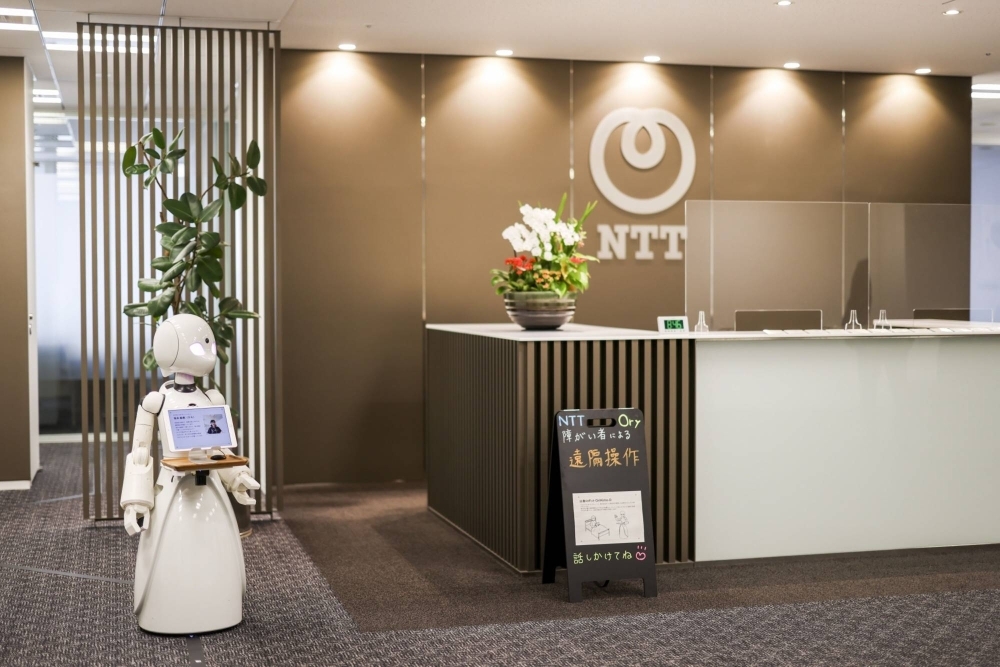The government said Tuesday it will provide around ¥45 billion ($305 million) for a cutting-edge semiconductor project promoted by Japanese telecom giant NTT, major U.S. chipmaker Intel and its South Korean counterpart SK Hynix.
The funding for the project to develop optical semiconductors that allow high-speed data processing with lower power consumption comes as Japan, in cooperation with the United States and South Korea, aims to gain a stronger footing in the semiconductor industry, amid China's growing influence in the sector.
Semiconductor research and development has been boosted by the expansion of artificial intelligence and other digital technologies that require the processing of huge amounts of data.
"We hope the (project), by enabling faster communications and realizing reduced power consumption, will be a game changer in the future," Ken Saito, minister of economy, trade and industry, told a news conference.
NTT is pushing the development of optical semiconductors as a key technology for its Innovative Optical and Wireless Network (IOWN), an advanced platform featuring high-capacity communication with reduced time lag.
The telecom giant says it expects such chips to significantly cut power consumption by employing light instead of electricity during data processing.
NTT has been collaborating with leading overseas companies, including Intel, as it aims to bring the IOWN network into operation globally by 2030. It believes IOWN services will be useful in various areas such as self-driving and telemedicine.




